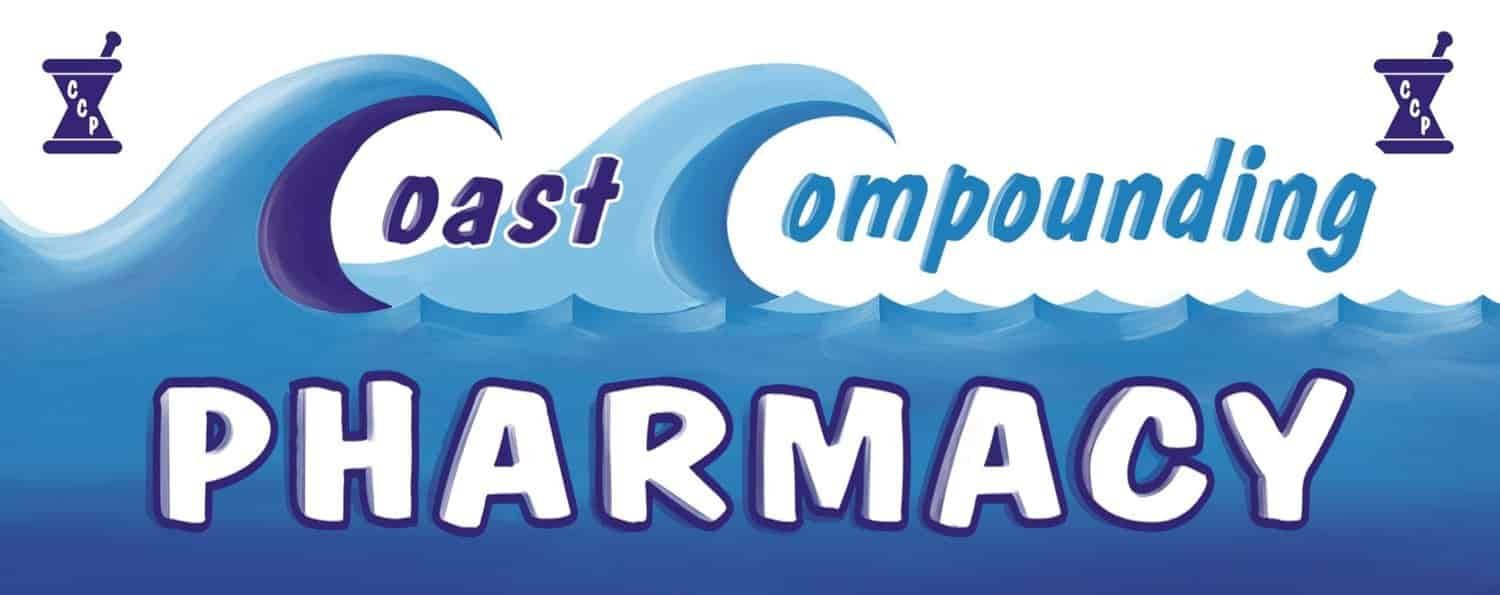Compounding pharmacies play a vital role in creating personalized medications tailored to the unique needs of patients. This blog will explore the fascinating process behind how these pharmacies create customized medications, ideal for distinct health concerns or preferences.
Understanding Compounding Pharmacies
Compounding pharmacies differ from traditional pharmacies by creating medications tailored to individual patient needs, rather than providing mass-produced drugs.
This customization allows pharmacists to address specific health requirements, which standard medications often cannot meet. Each patient is unique, and so should their medications.
In a compounding pharmacy, the focus is on patient-centered care. Pharmacists work closely with healthcare providers to understand the nuances of each case, ensuring that the solutions are not just effective but also aligned with patient comfort.
Assessing Patient Needs
The first step in creating customized medications involves a thorough assessment of the patient’s medical history, symptoms, and preferences.
During this process, pharmacists take into account the patient’s lifestyle, sensitivities to particular ingredients, and any other medications they may be taking. This comprehensive understanding allows them to design compounds that not only address ailments but also fit seamlessly into the patient’s life.
By engaging in open conversations with patients, pharmacists can better gauge their needs and expectations. This dialogue often unveils important details that might have gone unnoticed in a standard pharmacy setting.
Formulating Customized Medications
Once patient needs are understood, pharmacists use their expertise to formulate personalized medications, including compounds such as BHRT, testosterone, estradiol, estriol, progesterone, and DHEA.
This formulation process is an art as much as it is a science. Each ingredient is chosen carefully, ensuring it aligns not only with the patient’s medical requirements but also with their personal preferences regarding taste, delivery method, and dosage.
For instance, some patients may prefer a topical cream over an oral medication, and pharmacists are trained to create alternatives that suit those preferences without compromising efficacy.
Furthermore, the compounding process allows for dosage adjustments that are often necessary for optimal treatment. This flexibility is particularly valuable in hormone replacement therapies, where precision can significantly impact patient outcomes.
Quality Control and Safety
Compounding pharmacies adhere to strict quality control standards, ensuring that all medications are safe and effective before they reach patients.
Every batch of compounded medication undergoes rigorous testing, not just for potency but also for purity. This attention to detail mitigates risks and enhances the safety of the treatment.
Moreover, compounding pharmacists are continually educated on the latest regulations and best practices within the field. This ongoing education ensures that they remain knowledgeable about potential risks and advancements in compounding techniques.
Veterinary Compounding
In addition to human medications, compounding pharmacies also specialize in veterinary compounding, creating tailored solutions for pets with unique health needs.
Pets often require medications that are not readily available in standard formulations. Compounding pharmacists can create customized doses or flavors to make medications more palatable for animals, helping pet owners administer them more easily.
Just like with human medications, the veterinary compounding process involves assessing each animal’s specific needs, ensuring that therapies are not only effective but also safe for use in our beloved companions.
Personalized Care in Medications
By understanding the personalized approach of compounding pharmacies, patients can appreciate the benefits they offer. Customized medications ensure that individuals receive treatment tailored specifically for them, promoting better health outcomes.

